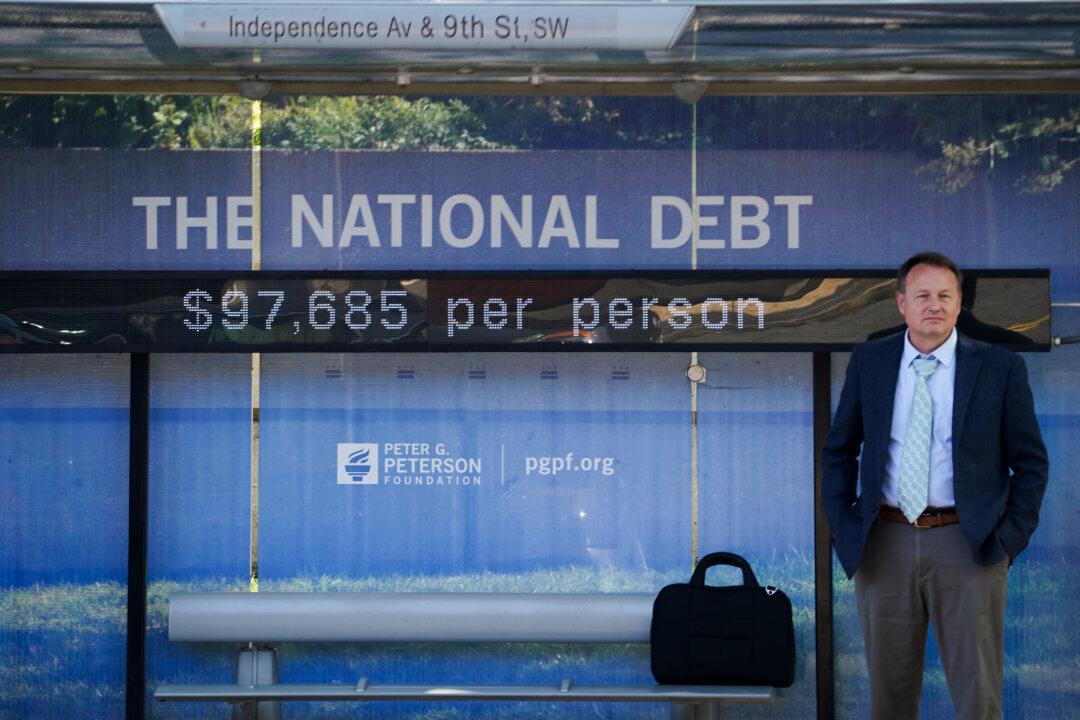A finance expert is sounding the alarm over America’s growing debt, predicting the $34 trillion burden could trigger a meltdown as early as next year if more isn’t done to curb spending.
According to Joao Gomes, a senior vice dean for research and academic initiatives at Wharton Business School at the University of Pennsylvania, the United States’ growing debt could upset global financial markets in 2025 should the next president announce a raft of expensive policies following an election win in 2024.





